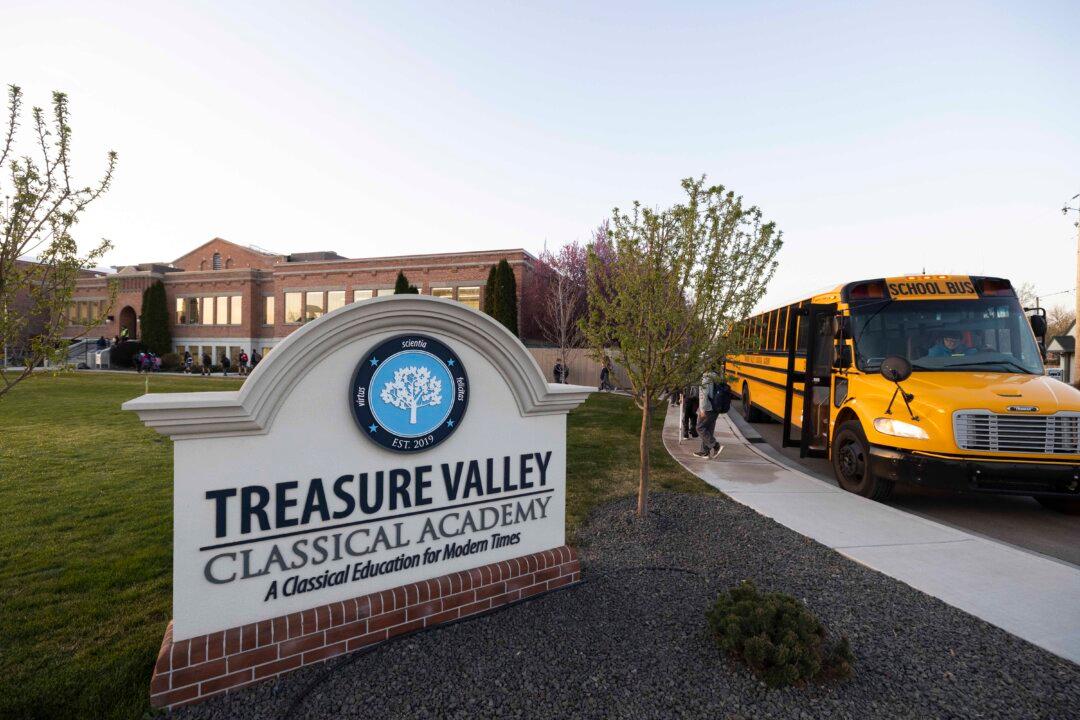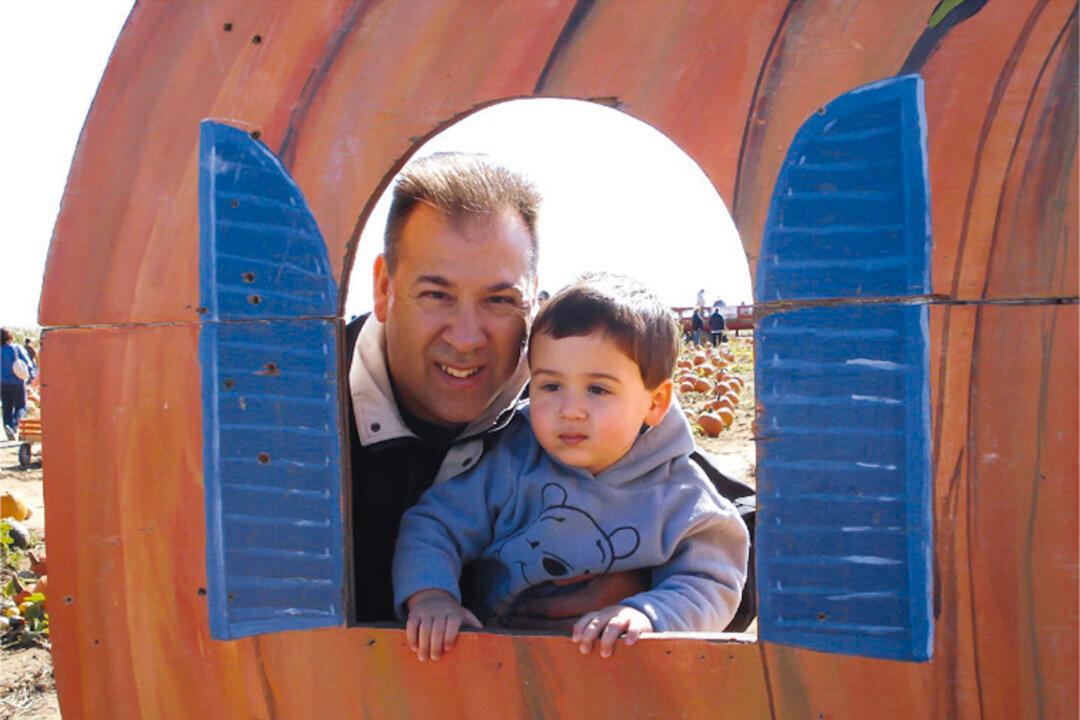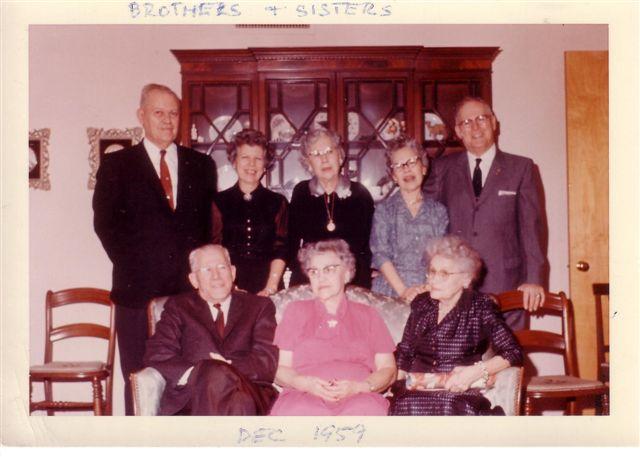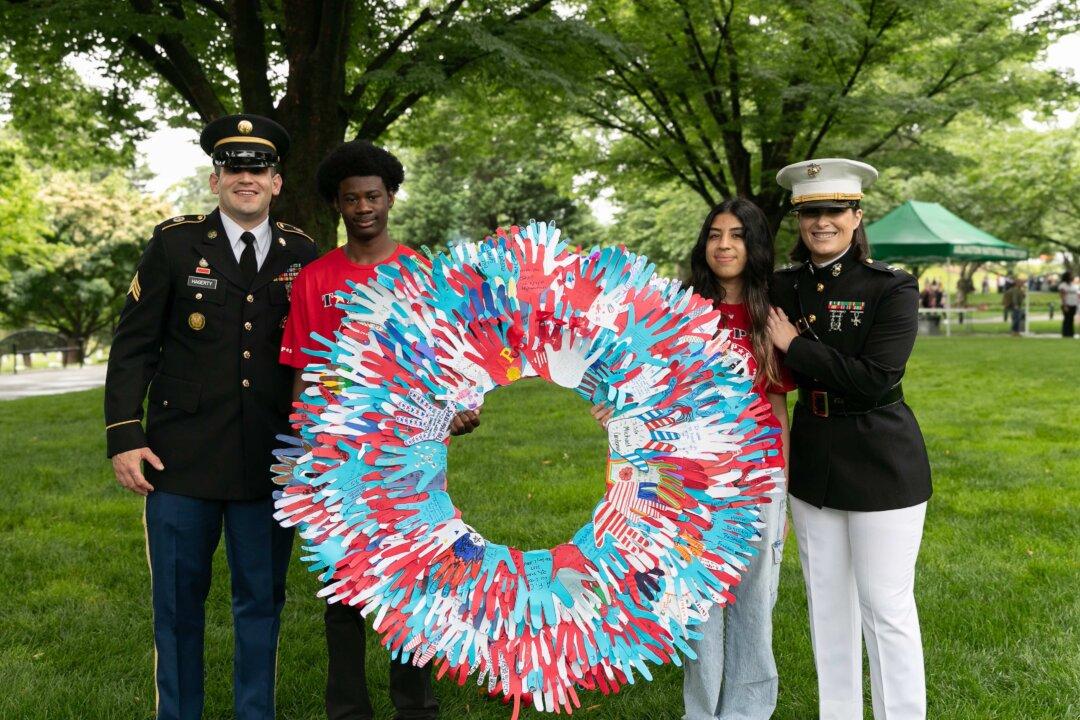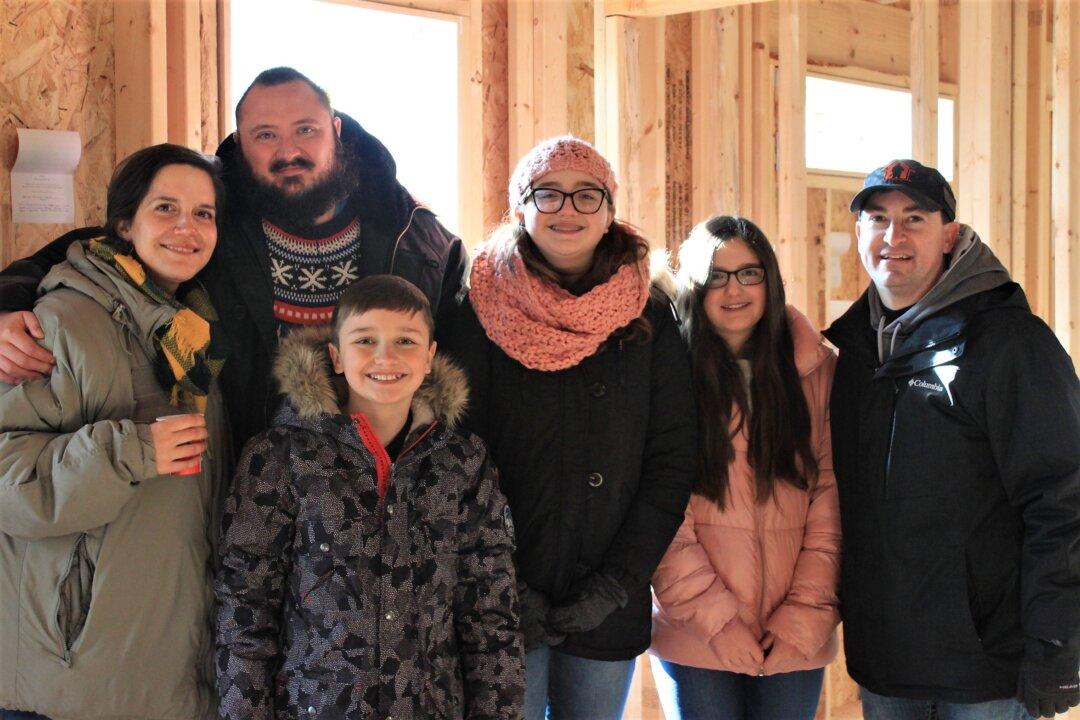In the small, rural community of Fruitland in southwestern Idaho, parents like Alishia Kauvaka drop off their children at what they consider to be an American educational treasure. Treasure Valley Classical Academy, consisting of 300 students, is a tuition-free, grades K–10 public charter school that has adopted a classical education model centered on developing moral character and civic virtue.
Ms. Kauvaka has seen firsthand, as a parent and a classroom observer, how her sons benefit exponentially from exposure to a classical curriculum. Students are immersed in rich content, learning the principles of responsible self-government, freedom, and liberty.
Ms. Kauvaka called the previous school her sons attended “mundane, lacking depth and conviction as to what the human soul needs to live and thrive.” By contrast, Treasure Valley Classical Academy has “a very clear mission: Train the minds and improve the hearts of our young people through a classical, content-rich curriculum that emphasizes virtuous living, traditional learning, and civic responsibility.”
What Is Classical Education?
A classical education stresses a balanced curriculum, including the in-depth study of math, science, literature, and history, along with courses in Latin, philosophy, the fine arts, American history, and civics. Arts, music, and theater are intended to help students cultivate an appreciation for the good, the true, and the beautiful. In a classical setting, teachers guide students through unscripted lessons that introduce or reinforce virtuous character. Studies can include engaging lectures or Socratic-style discussion-based learning.
At its core, Treasure Valley Classical Academy is what an American classical school looks like under the model developed through Hillsdale College. Known as the Barney Charter School Initiative (BCSI), this collaborative movement was launched in 2010 to revitalize public education and support classical K–12 charter schools through community networks. What began as an outreach program of Hillsdale College eventually expanded to include curriculum development through Hillsdale’s K–12 Education Office.

